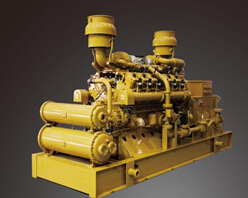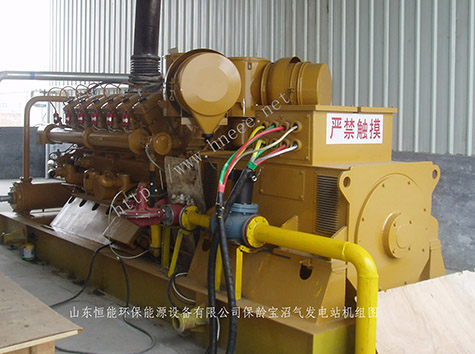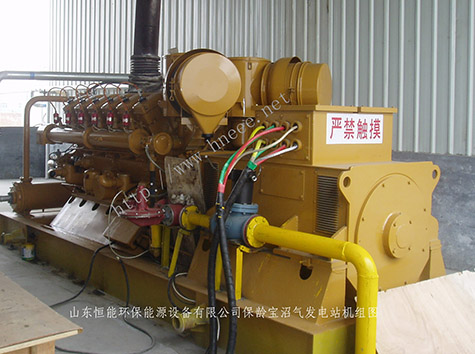沼气发电机组的生产标准有哪些?
沼气发电机组的生产标准主要包括以下几个方面:
The production standards for biogas generator units mainly include the following aspects:
1. 设备选型和设计:根据不同规模和用途的沼气发电项目,需选择符合国家相关标准和规范的发电机组设备,并进行合理的设计。选型和设应考虑沼气产量、压力、温度等因素,确保设备的适用性和安全性。
1. Equipment selection and design: Based on biogas power generation projects of different scales and uses, it is necessary to select generator sets that comply with relevant national standards and specifications, and carry out reasonable design. When selecting and designing, factors such as biogas production, pressure, and temperature should be considered to ensure the applicability and safety of the equipment.
2. 设备质量:沼气发电机组的核心部件,如发动机、发电机、控制系统等需要符合国家有关质量标准,如ISO9001质量管理体系认证、ISO14001环境管理体系认证等。同时,设备的生产和制造过程应符合相关工艺技术和标准要求,确保产品品质和安全可靠性。
2. Equipment quality: The core components of biogas generator units, such as engines, generators, control systems, etc., need to comply with relevant national quality standards, such as ISO9001 quality management system certification and ISO14001 environmental management system certification. At the same time, the production and manufacturing process of the equipment should comply with relevant process technology and standard requirements to ensure product quality, safety and reliability.


3. 安全性能:沼气发电机组在运行过程中可能会涉及到高温、高压、易爆等安全风险。因此,在生产过程中需要采取相应的措施,确保设备和系统具备良好的安全性能,如防爆设计、漏气检测、过热保护等。
3. Safety performance: The biogas generator unit may involve safety risks such as high temperature, high pressure, and explosiveness during operation. Therefore, corresponding measures need to be taken during the production process to ensure that equipment and systems have good safety performance, such as explosion-proof design, air leakage detection, overheating protection, etc.
4. 环境保护:沼气发电是一种清洁能源,生产过程应符合环境保护要求。发电机组的生产过程中需要注重减少污染、降低能耗,在涉及废气、废水、废渣等方面,应符合国家相关环保标准和规定。
4. Environmental protection: Biogas power generation is a clean energy source, and the production process should comply with environmental protection requirements. In the production process of generator sets, attention should be paid to reducing pollution and energy consumption. In terms of exhaust gas, wastewater, waste residue, etc., it should comply with relevant national environmental standards and regulations.
5. 效率和性能指标:沼气发电机组的效率和性能指标直接影响发电量和经济效益。生产标准中应包括有关发电机组的额定功率、发电效率、燃气利用率等指标要求,并通过相关测试和检验来验证其达标情况。
5. Efficiency and performance indicators: The efficiency and performance indicators of biogas generator units directly affect the power generation and economic benefits. The production standards should include requirements for the rated power, power generation efficiency, gas utilization rate and other indicators of the generator set, and verify their compliance through relevant tests and inspections.
总之,沼气发电机组的生产标准应该是基于安全性、环保性、质量可靠性和经济效益等多个方面的综合考虑,符合国家相关的法规、标准和规范。
In summary, the production standards for biogas generator units should be based on comprehensive considerations of safety, environmental protection, quality reliability, and economic benefits, in accordance with relevant national regulations, standards, and specifications.
上一篇: 燃气发电机组常见的故障怎么解决?
 在线咨询
在线咨询 官方二维码
官方二维码




 当前位置:
当前位置: 2023.10.02
2023.10.02







